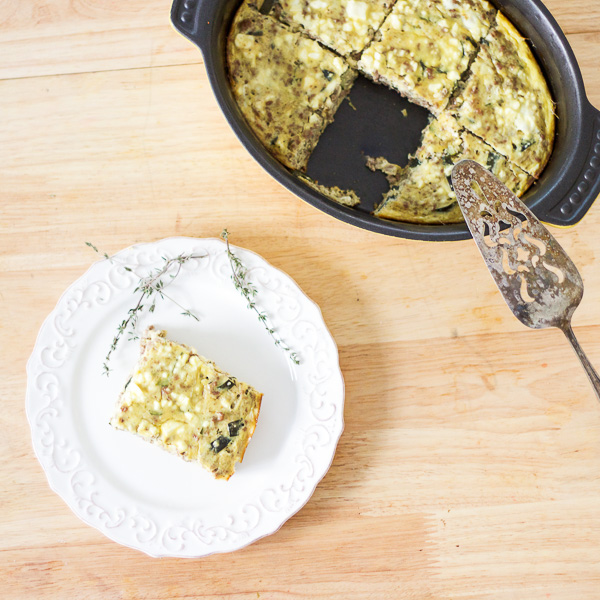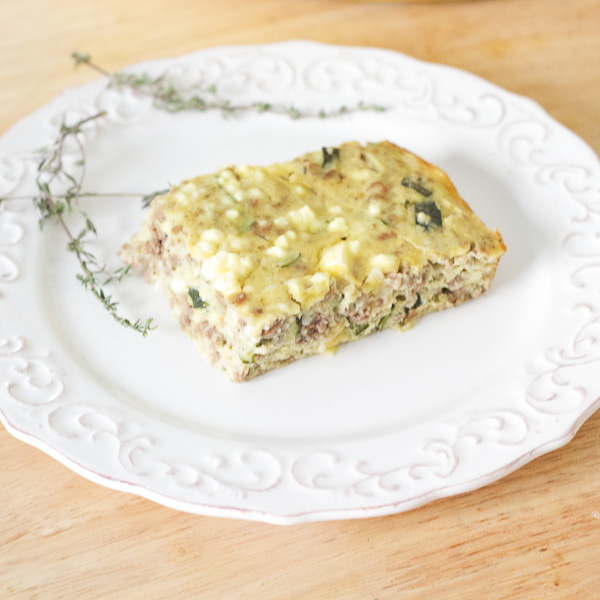
Today, Jane and I take you to Rhodes (Ρόδος). It’s located in the south Aegean sea, pretty close to Turkey. At one time, a huge statue stood 98 feet tall, legs spread across the port of entrance where trade boats came and went. It was so grand it is known as one of the, “Seven Wonders of the Ancient World.”
That’s my ancestors for ya, why build a normal size statue when they could have one of the tallest statues in the ancient world? I think it’s because Rhodes didn’t have TV at that time, so what else were they to do?
This dish, which gets it’s name from the Greek word for sponge, wasn’t around during that time. So we’re moving forward a bit to the Byzantine Empire, about 600 AD. This medieval period was where the fortress came from. You can actually still see it standing by the way. It’s one of the best preserved fortresses left in the world. Today however, we’re going back in time to this period with a little story set around the 600s AD.
Let us say that you and I are there, standing outside the giant stone walls. It’s a cool morning and the sun is just starting to rise. We breathe in the crisp fresh air that carries with it hints of the salty ocean. We see the port where small and large boats are coming and going. A few war, merchants, and livestock vessels all interwoven with each other. The sound of a bird is heard in the distance and some inaudible conversations from the guards down the road.
It’s morning, and before we start our day of labor, we need to have some breakfast. We walk down the uneven stone road, passing the hustle and bustle of the fisherman coming up the hill with their fresh catches of the day that we’ll buy later for lunch or dinner.
We come to a small taverna and enter. We’re one of the first people to arrive and the owner approaches us. While the Byzantine Empire has brought many dishes to Rhodes, we get the traditional dish. The dish of the local, “2 Sfougato’s, please” (δύο σφουγγάτο, παρακαλώ).

We drink our coffee and discuss our business for the day. More and more people enter, some we recognize, others just passing through – here to trade and sell.
The owner puts down our entree, a beautiful beef and egg omelette, but it’s more like a quiche, and it’s the favorite of the locals. We take in the smells of the fresh grilled beef, spices, onions, feta, and pieces of zucchini. This is the dish we think of when we travel far away from home for months on end. To us, this is Rhodes. This is the dish we’ve told stories over from previous nights, where we’ve shared in complaining, gossip, and it’s the dish we recommended to foreign travellers.
We finish and part ways to tackle the day’s labors and activities. But tomorrow, in the shade of that tall stonewalled fortress we will meet again, and do it all over.
Kali Orexi,
Kenton & Jane

Sfougato | Rhodes Quiche | Greek Style Omelette
Ingredients
- 1/2 onion diced
- 1 garlic clove pressed (more if you're a garlic lover)
- 1/2 pound ground beef
- 2 small zucchinis diced
- 1/2 cup chicken broth
- 1-2 sprigs thyme
- 1/2 teaspoon oregano
- 1 tablespoon diced parsley
- 4 eggs
- 1/4 cup crumbled feta cheese plus extra for garnish
- salt and pepper
Instructions
- Add onions and garlic to an oiled pan. Cook until onions are soft, about 5 minutes.
- Add ground beef and cook for another 10 minutes.
- Next add: zucchini, chicken broth, thyme, oregano, parsley, and some salt and pepper. Cover and simmer for 30 minutes or until zucchini is soft.
- When done, using a slotted spoon, take meat mixture and spoon into a mixing bowl to cool.*
- Beat eggs in separate bowl and pour into meat mixture, add feta, and mix well.
- Pour into an oven safe dish.
- Top with more feta (optional).
- Place in preheated oven at 350F for 25-30 minutes, or until eggs are cooked and dish is set.
- Serve warm!
Notes
Adapted from: A Mediterranean Feast



Hey and thanks for a fab recipe. I am half Greek Cypriot ( that’s the half where my stomach is of course) and me and my 90 year old Dada make a courgette and egg dish called Disaster! Basically a deconstructed omelette all thrown in together with every veg around but important to have courgette and when cooked through with beaten eggs ( no cheese) eat with lots and I mean lots of lemon and black pepper…shame he can’t taste it but he does with his mind. It will always be my Dad’s dish … thanks so much for loving all things Greek.